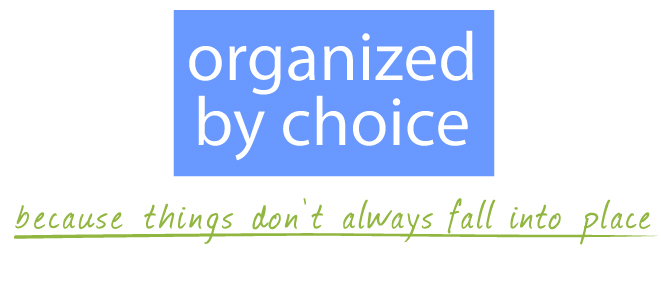During December there was much feasting and joy as we celebrated Christmas with family and friends. Those gatherings, however, were quickly followed by trips to Oklahoma and Placerville for the memorial services of a dear Aunt and Uncle. We celebrated their lives and rejoiced knowing they live on in their heavenly home, but the finality of life on earth is sobering and, as Solomon says, creates more contemplation than the days of feasting.
One of the realities for those left behind is the fact that we can’t take it with us. Many in the Boomer generation have inherited a houseful and are contemplating the overwhelming task that their children will face someday.
The Swedes have taken this to heart. Last year Margareta Magnusson, a Swedish author and artist, came out with a book called The Gentle Art of Swedish Death Cleaning: How to Free Yourself and Your Family from a Lifetime of Clutter. They call it döstädning. Döis “death” and städningis “cleaning.”
Magnusson explains, “It is a word used when you or someone else does a good, thorough cleaning and gets rid of things to make life easier and less crowded.”
While I don’t recommend buying her book for your 97-year-old mother, expecting her to independently complete the process, I do support the system and recommend doing it with your own belongings sooner than later. Here are your TIMELY TIPS.
Timely Tips - from Margareta and me to free yourself and your family from a lifetime of clutter
1. Begin with your closet or other areas that are typically (but not always) less sentimental.
2. Ask yourself: Will anyone be happier if I save this? Consider the tastes and lifestyles of those who will inherit your belongings. Our photo books (not albums) are a definite keep for those who follow us, but other things... not so much.
3. Is it currently being stored in the garage or storage unit where no one sees it? This is actually my question. It doesn't mean that treasures are never stored, but if you don't care about seeing them, most likely, the next generation won't either.
4. Don't rush through. Spend time on memory lane appreciating the various items you've used throughout your life. Say good-bye to the things you no longer need or use.
5. Record the stories. Make videos on your phone, or type out the stories behind the heirlooms you want to pass along. This enhances their value to the next generation.
6. Present valued items that you're ready to part with to your friends and family as gifts. This is especially meaningful if you know they admire something. When my parents were downsizing, they hosted a "Pick & Choose Party" and invited us to take the things we treasured most.
7. Create a Throwaway Box. These are private things that have meaning to you, but wouldn't have meaning to someone else. Label your box with instructions to be destroyed once you're gone.
8. Prepare end of life documents. If you, through illness or death, are suddenly unable to speak for yourself, your wishes and legal documents will be in place. For more on this see my blog: One Last Gift.
9. Talk about it with others. Not only is it an intriguing topic for conversation, it will build accountability for your project.
10. Not a one-and-done activity. I don't know anyone who has died from organizing. So, assuming you survive, you'll continue to accumulate things. Consider these principles as an on-going lifestyle.

